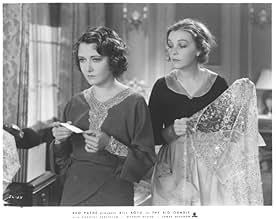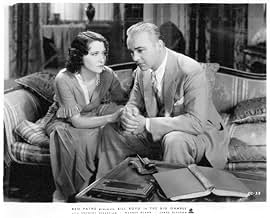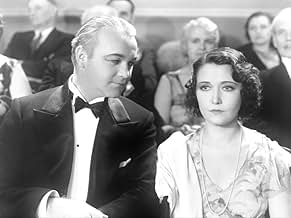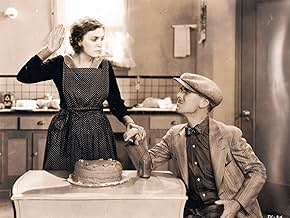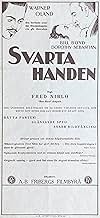"The Big Gamble" has one of the most provocative premises ever cooked up for a movie. World-weary gambler Alan Beckwith (William "Hopalong Cassidy" Boyd in a surprisingly despairing modern-dress role) is tired of life. Owing $5,000 to the sinister Andrew North (Warner Oland) and $2,500 to a former servant, Beckwith cooks up the idea of having North take out an insurance policy on his life, then killing himself. North insists that the policy be for $100,000; that a North-hired hit man do the actual killing (since if Beckwith commits suicide, the policy becomes invalid); that Beckwith live a year and a day after taking out the policy; and that Beckwith's wife be the beneficiary. When Beckwith protests that he doesn't have a wife, North supplies him one: Beverly Ames (Dorothy Sebastian), who's under North's influence because her brother Johnny (William Collier, Jr.) is also on the hook to him. The good news is in the striking performances of both leads - and of James Gleason and ZaSu Pitts as a comic-relief couple (though I have a hard time watching Pitts in comic roles without thinking of how Hollywood wasted her talent as a dramatic actress despite her incandescent performance as Trina in Stroheim's "Greed," which should have done for her what "Sybil" and "Norma Rae" did for Sally Field 50 years later) and some intriguingly proto-noir compositions by cinematographer Hal Mohr.
The bad news is Fred Niblo's surprisingly slow, stodgy direction - by 1931 virtually no one was still having the actors pause between hearing their cues and speaking their own lines, but Niblo directs like it was still 1929 - Mohr's mostly plain, uncreative cinematography (which doesn't sustain the marvelous atmospherics of the opening scenes), and some dubious performances by the supporting players. William Collier, Jr. comes off way too queeny as Johnny - we can't muster much sympathy for someone this wimpy - and Warner Oland, though playing a character with an Anglo name, inexplicably not only wears his Charlie Chan makeup but speaks in his Charlie Chan voice. Though a previous silent version of this story was made, "The Big Gamble" really should have been filmed a third time in the 1940's; its plot would have been a natural for film noir.


